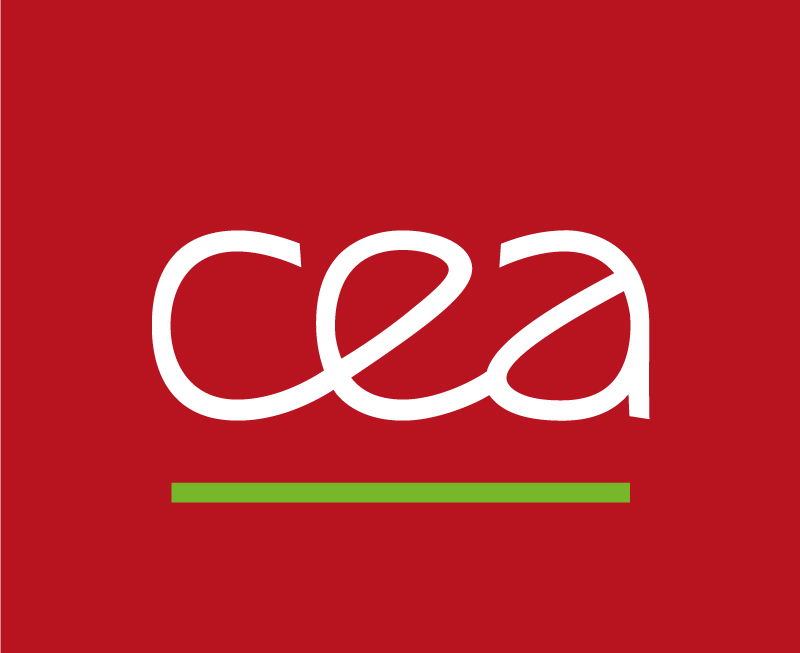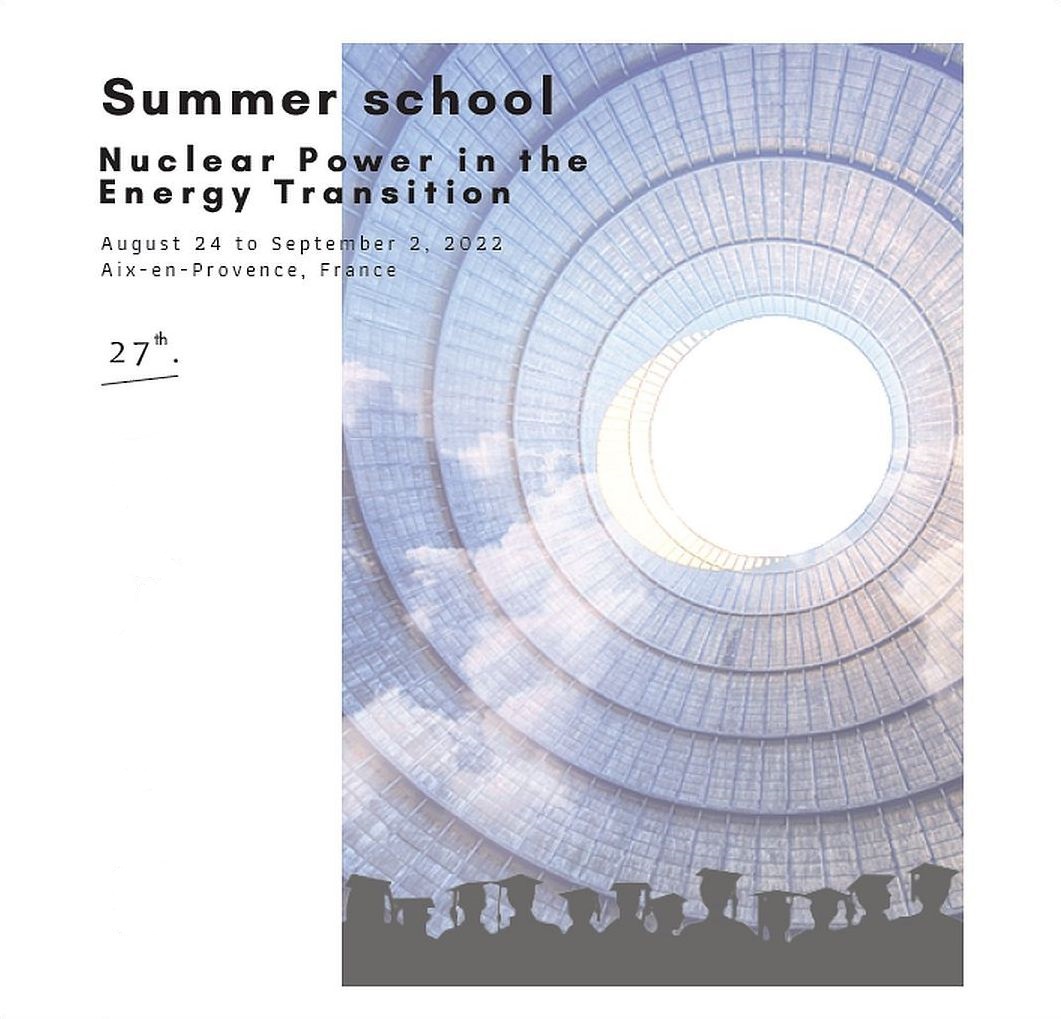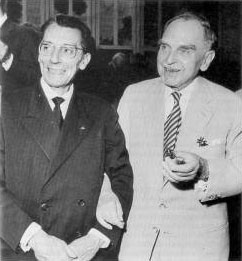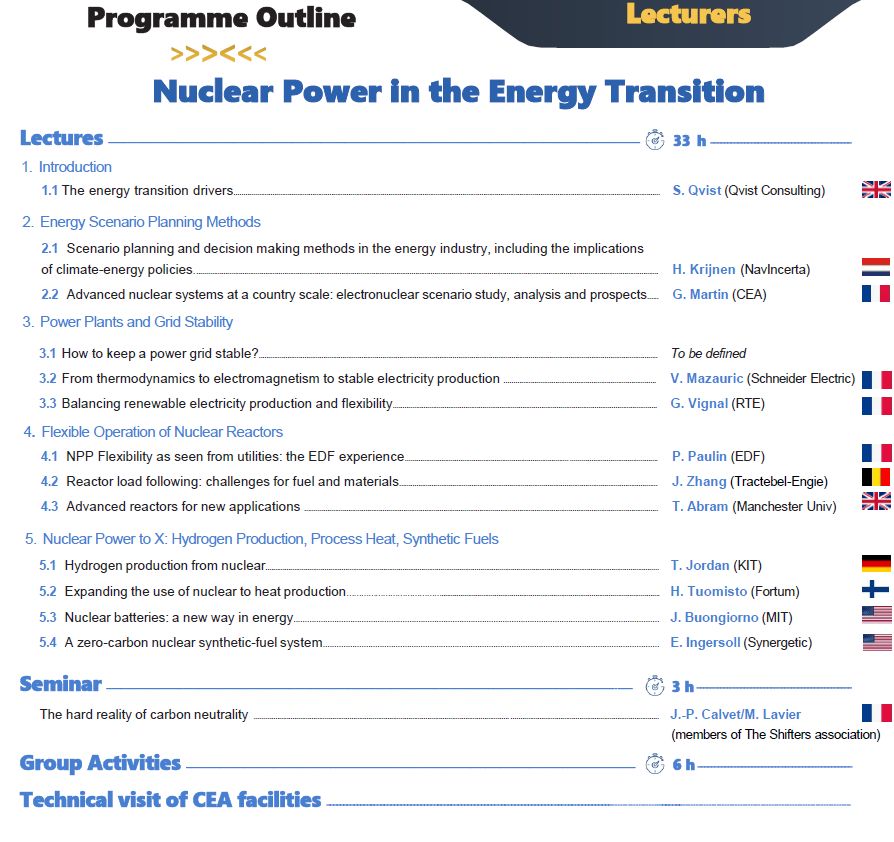The 2022 Frédéric Joliot / Otto Hahn Summer School on Nuclear Reactors "Physics, Fuels and Systems"
|
|
Frédéric Joliot and Otto Hahn 1935 and 1944 Nobel Prizes in Chemistry |
| Jointly organized by | |||
| The Karlsruhe Institute of Technology (KIT/INR), Germany |
& |
The Energy Division of the Commissariat à l’Energie Atomique et aux Energies Alternatives (CEA/DES), France | |
 |
 |
||
General description
FJOH summer school is an advanced post-graduate-level course aimed at junior as well as experienced scientists and engineers engaged in the broad field of nuclear sciences, engineering and technologies.
Lecturers are invited from internationally leading universities and industry. The School format encourages informal discussions and the exchange of knowledge between lecturers and participants.
The Frédéric Joliot / Otto Hahn Summer School course represents the continuation of the Frédéric Joliot Summer Schools on “Modern Reactor Physics and the Modelling of Complex Systems”, which was created by CEA in 1995 to promote knowledge in the field of reactor physics, in a broad sense, and the international exchange of teachers, scientists, engineers and researchers. Beginning in 2004, the scope of the School was extended to include scientific issues related to nuclear fuels. The venues of the FJOH School sessions alternate between Karlsruhe and Aix-en-Provence.
The program of each School session is defined by the International FJOH Scientific Board.
FJOH is jointly organized by the CEA Energy Division (France) and the Karlsruhe Institute of Technology (KIT, Germany).
Objective of FJOH-2022 edition
The main objective of the FJOH-2022 edition is to help the school participants broaden their knowledge of the nuclear power assets in the Energy Transition.
The FJOH-2022 participants will learn about:
- The global factors driving the energy transition;
- The scenario planning method used by nuclear and non-nuclear companies, organisations or states to make strategic decisions;
- The conditions for keeping an interconnected power grid stable while balancing variable demand and supply;
- How current nuclear reactors achieve flexible operation, what the constraints and limitations are, and how future reactor systems could do better;
- The expanded use of nuclear power for providing decarbonized hydrogen, process heat, synthetic fuels, and other services.
As always with FJOH, the lectures will concentrate on the underlying scientific and technical aspects of the various systems discussed, backed with facts and figures, with nuclear as a focal point. By the end of the course, the participants should be able to explain how nuclear power can play a central role in various integrated low-carbon energy systems.
FJOH-2022 includes plenary lectures, group discussions, seminars, and technical visits. The invited speakers are internationally recognized experts from leading universities, research and development laboratories and industry.
The FJOH-2022 participants will have the opportunity, as part of group activities, to practice their freshly acquired knowledge and to reflect upon open-ended questions in-group activities. Time for these group activities is set aside in the School schedule.
Download
| Content | File | Format | Size |
| First Announcement | Announcement | 456 kB | |
| Leaflet | FJOH-2022_Leaflet | 1007 kB | |
| Poster | FJOH-2022_Poster | 861 kB | |
|
Presentations |
Presentations-2022 | zip |



